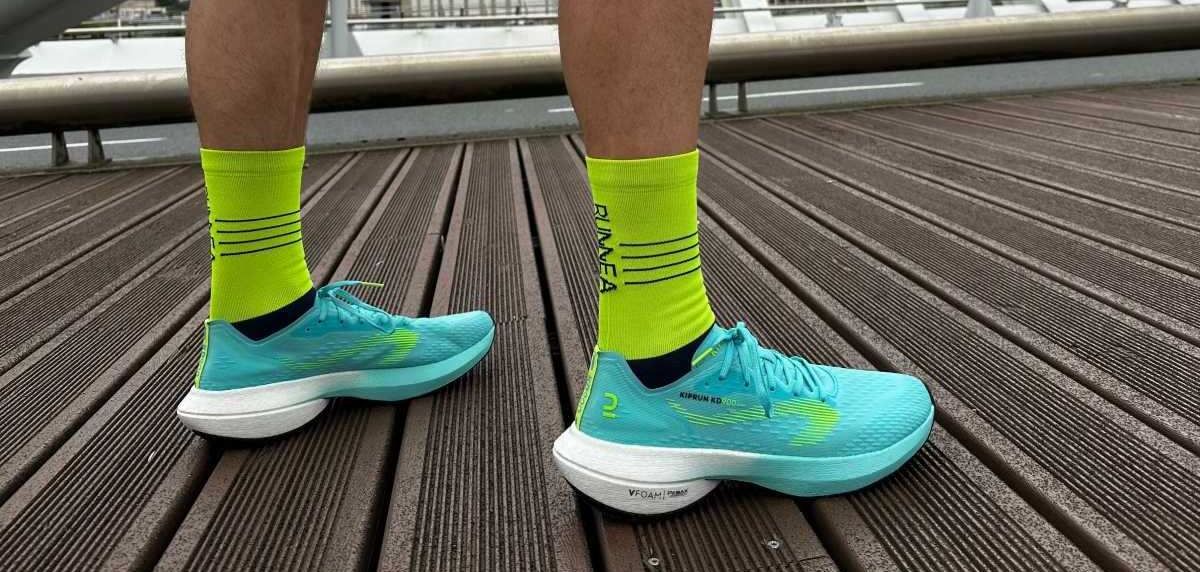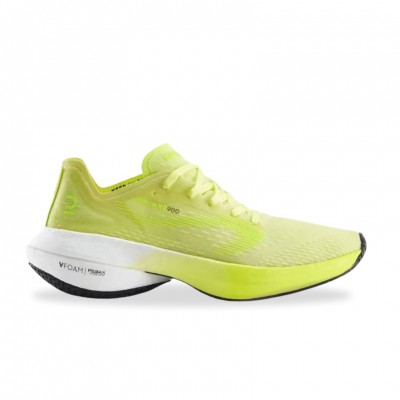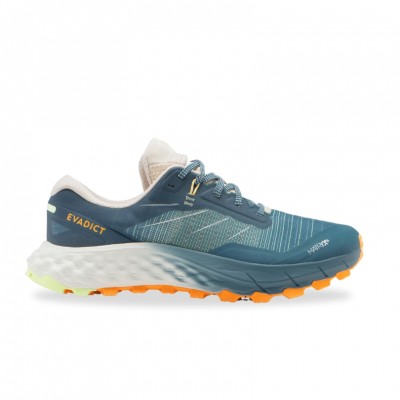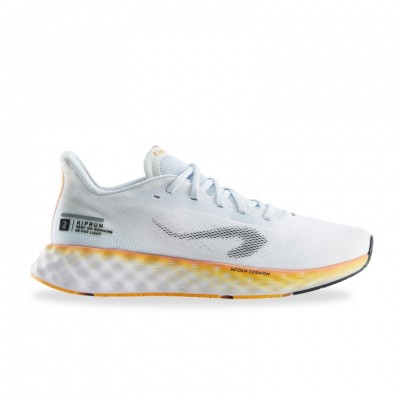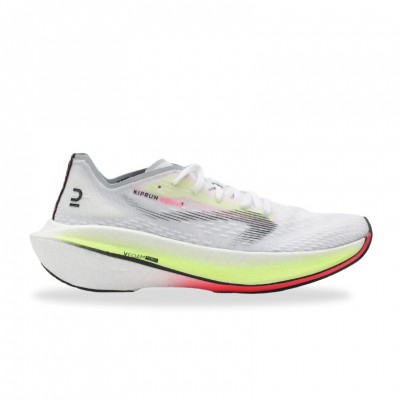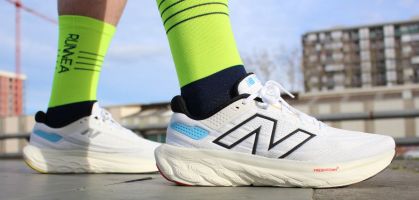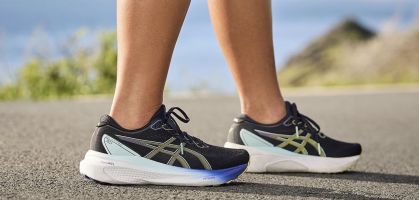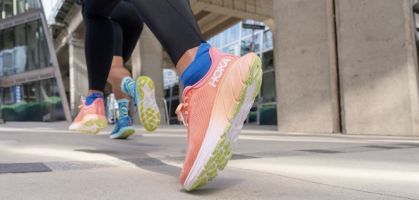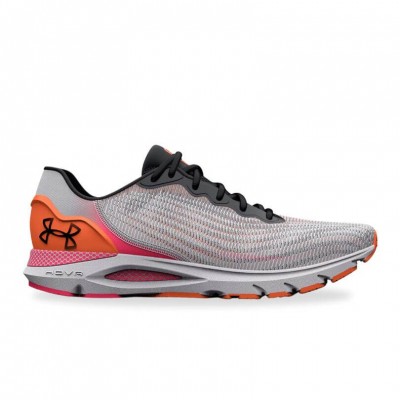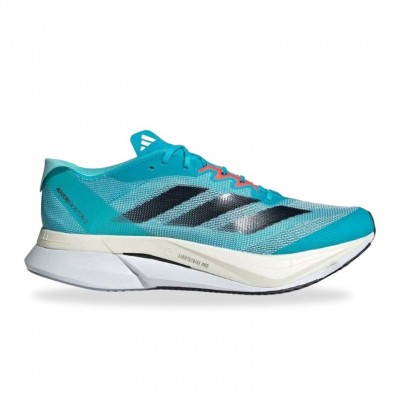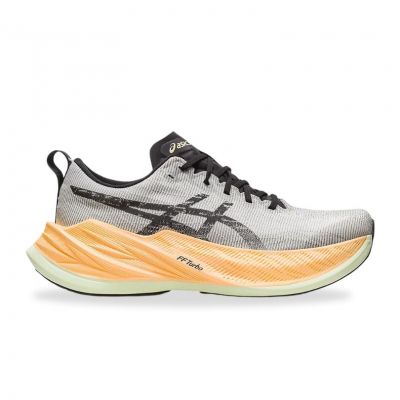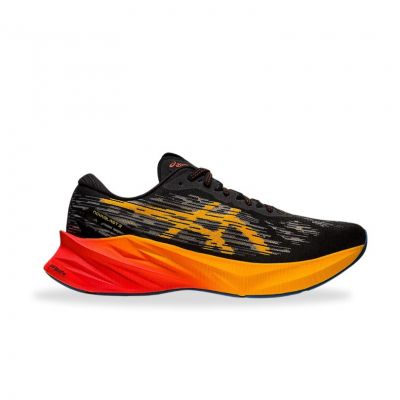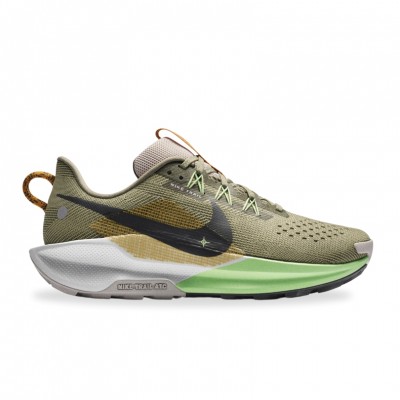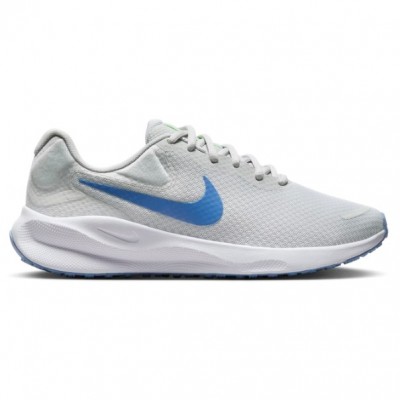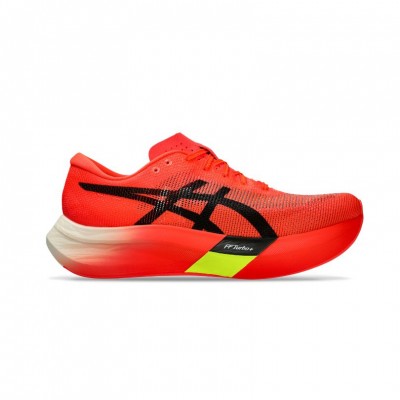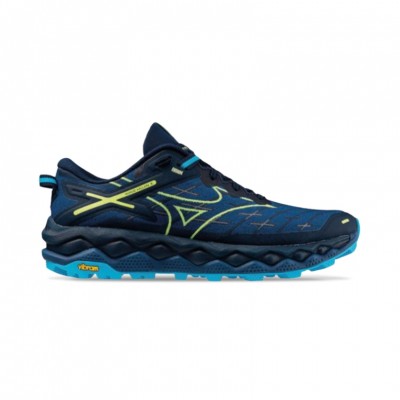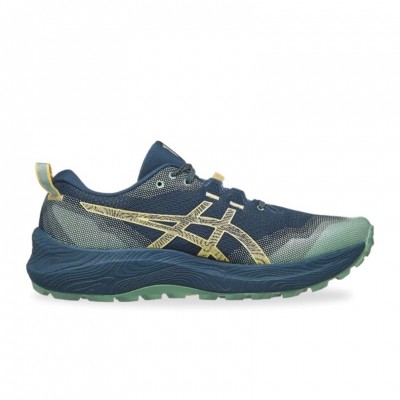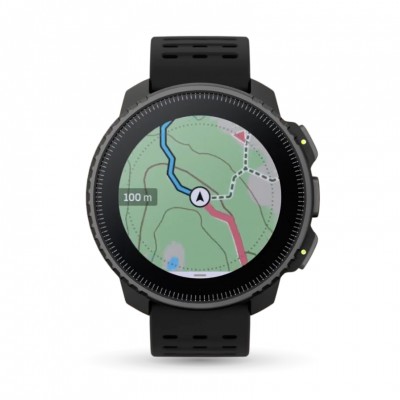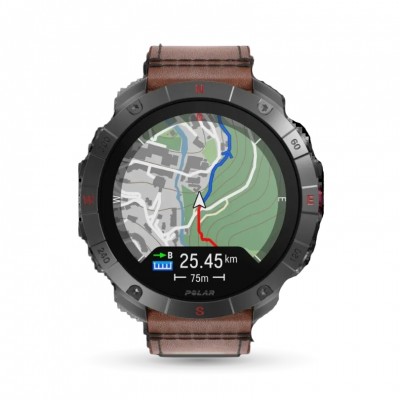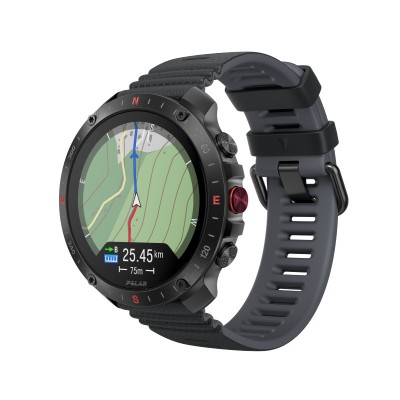Decathlon, the French sporting goods company, has become a major player in the world of sports. Founded in 1976, the company has experienced exponential growth, expanding to more than 60 countries and offering a wide range of products for all types of sports. However, despite its success in disciplines such as cycling and hiking, running has historically been a difficult area for the brand.
This phenomenon is no coincidence; the world of running shoes is a highly competitive and demanding market, dominated by specialised brands that have invested years in research, development and, above all, marketing. But Decathlon, with its philosophy of offering high-quality products at affordable prices, has decided to meet this challenge head on. And it has done so through its own brands Kiprun and Evadict, which seek to break away from stereotypes and offer runners products that are not only affordable but also technically advanced.
Not sure which running shoe to choose?
In a few simple steps we help you to choose the ideal running shoe for you
Go to the Shoe Finder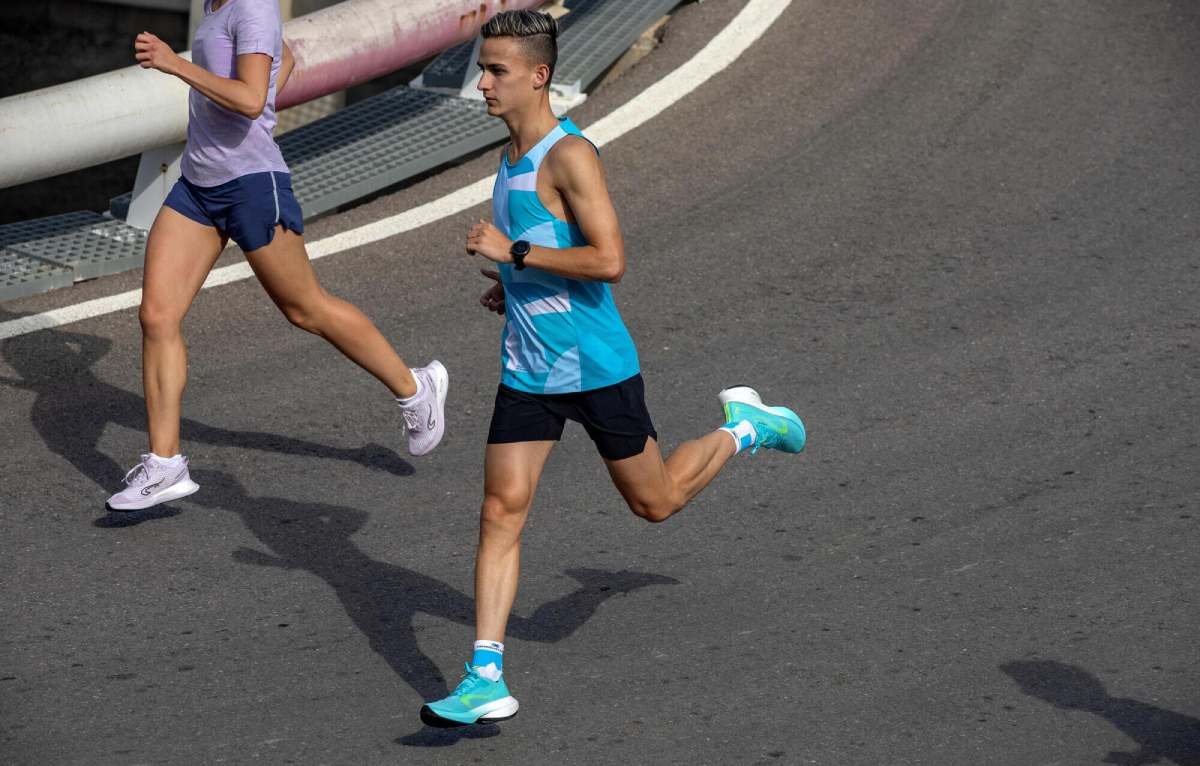
The challenge of running for Decathlon: A historically very difficult market
It is important to understand that running is more than a physical activity; it is a culture, a community and, for many, a way of life. Recreational runners are known for their loyalty to certain brands and their constant search for products that improve their performance. This level of demand has made the running market particularly difficult to penetrate, even for a giant like Decathlon.
Kalenji and its perception among recreational runners
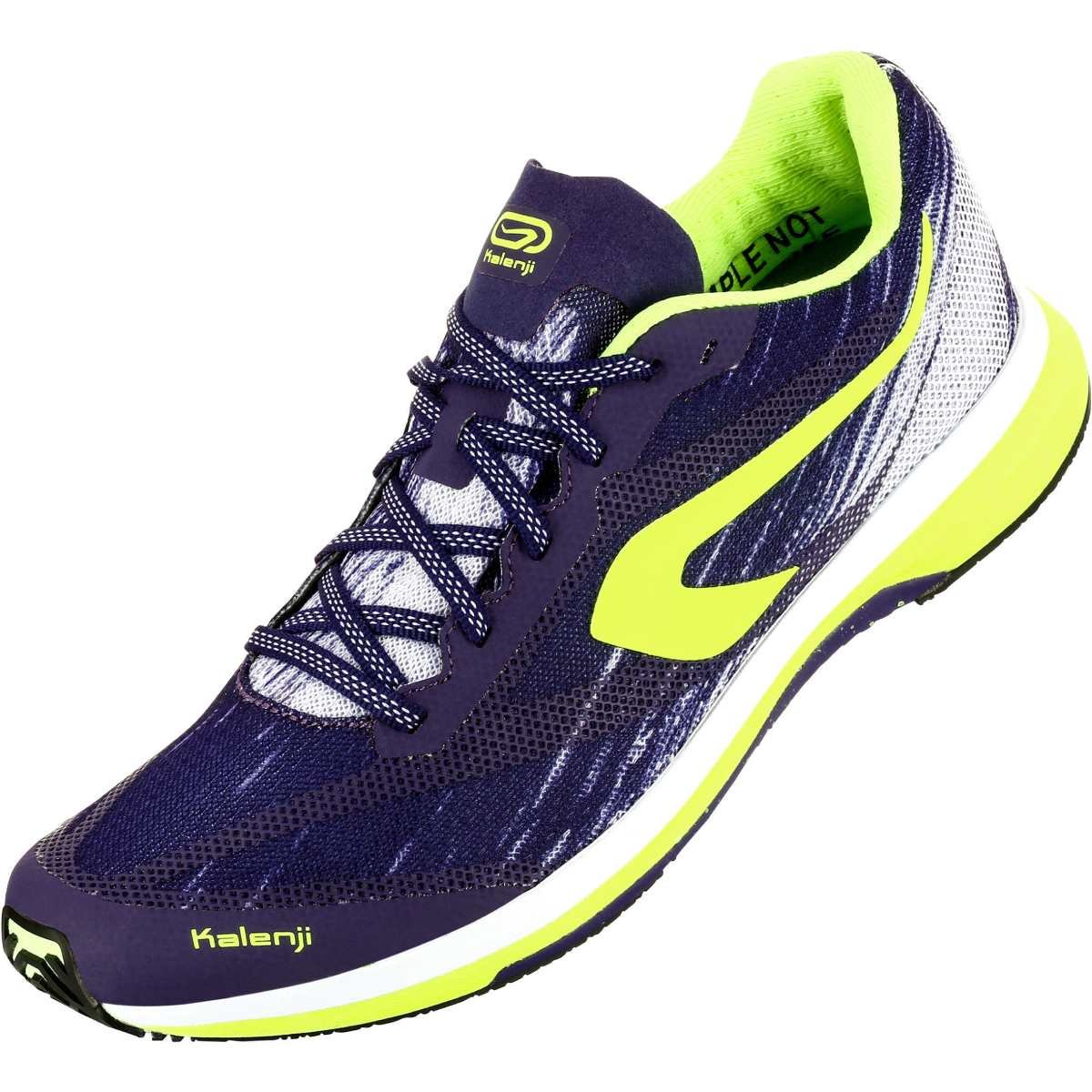
Kalenji, as Decathlon's first foray into running, had a significant impact on democratising the sport. However, despite its efforts, it failed to fully convince recreational runners. Why? Here we break down some of the reasons:
Cheap brand perception
One of the main obstacles Kalenji faced was the perception of being a "cheap" or "second-rate" brand. Although its products offered good value for money, this label often led people to question the quality and durability of the products. In a sport where equipment can significantly impact performance and health, many runners opted for more established brands perceived as more reliable.
Low prestige among the running community
In the running world, the brand of your gear can be a status symbol or an indication of how seriously you take running. Wearing Kalenji, in certain circles, might have been seen as a sign that one is a novice runner or not fully committed to the sport. These types of perceptions, while superficial, can influence brand choice.
Lack of specialisation
Kalenji offered a fairly general range of running products, but lacked the specialisation that more advanced runners are looking for. Whether in terms of innovative technologies, specific designs for different types of terrain, or even collaborations with elite athletes, Kalenji lagged a bit behind in these aspects.
Competition with established brands
The running market was already quite saturated with brands that have years or even decades of experience in manufacturing running gear. These brands had already established strong loyalty among consumers, which made it more difficult for Kalenji to carve out a significant niche in this segment.
Quality, marketing and price: The new formula for Kiprun and Evadict
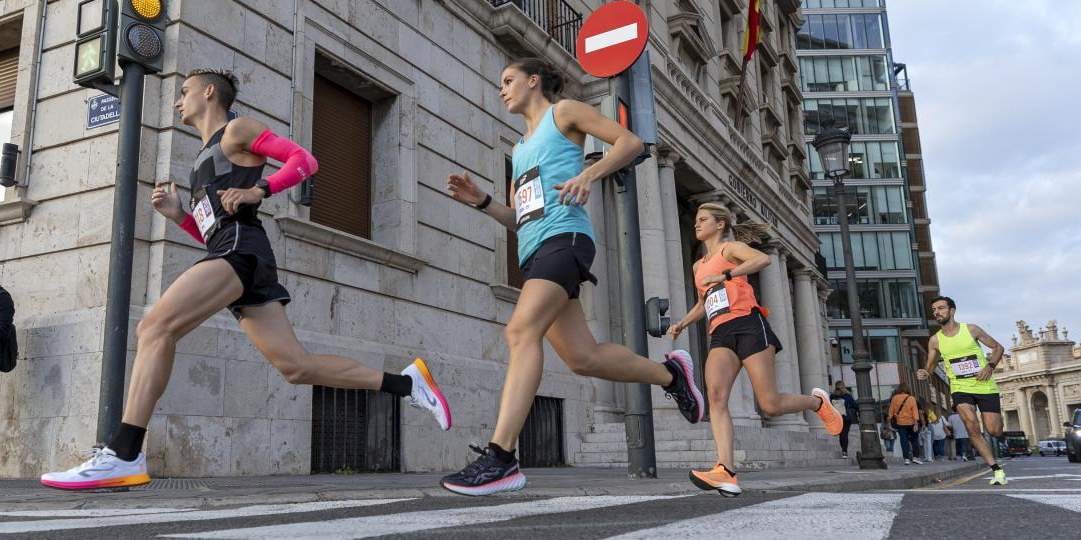
In a market saturated with running brands offering high-end products at increasingly higher prices and with significant marketing budgets, Decathlon has found a winning formula with Kiprun and Evadict: combining quality, accessibility, price, but also marketing.
- A product at least on par with its competitors: One of Decathlon's strengths is its investment in research and development. The company has labs and teams of engineers dedicated to creating products that meet the highest quality standards. This is reflected in Kiprun and Evadict trainers and accessories, which incorporate advanced technologies such as improved cushioning systems, breathable materials and ergonomic designs.
- Economy of scale: Thanks to its global presence and direct-to-consumer business model, Decathlon is able to leverage economies of scale to reduce production costs. This allows them to offer high-quality products at more affordable prices than many of their competitors specialising in running.
- User feedback: Decathlon has adopted a user-centred approach to products development. Through field testing and continuous feedback from the running community, the Kiprun and Evadict brands are constantly evolving. This user feedback not only helps to improve quality but also ensures that the products meet the specific needs of runners.
- Versatility: Both Kiprun and Evadict offer a range of products to suit different skill levels and types of running. From novice runners to the elite athletes, from urban running to the most extreme trail running, there is something for everyone. This versatility broadens its market appeal and allows more runners to access high-quality equipment without breaking the bank.
- Marketing: Decathlon has realised that to compete with Nike, adidas, ASICS or HOKA, it needs to invest in marketing. It needs to educate consumers about the benefits and features of its products. Its commitment to sponsor great athletes, as we will see later, sponsor events, create product presentations for specialised media and, in short, advertise its shoes beyond its own stores, is achieving that image reinforcement that it did not achieve with Kalenji.
Kiprun Evadict: The brand that seeks to conquer trail running at all levels
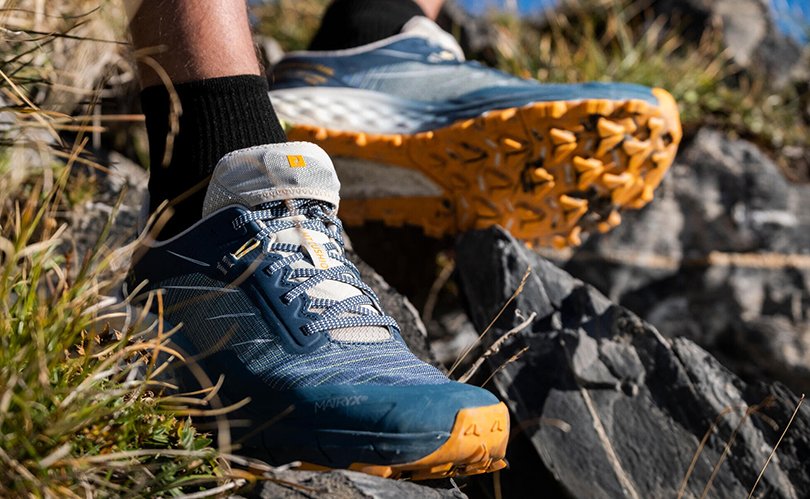
Evadict is the Decathlon brand that has set itself an ambitious goal: to conquer the world of trail running. To do so, it has a simple formula. To create a competitive shoe that can be worn by someone who is just starting to run in the mountains or by one of its elite athletes. In other words, making it easy to decide when buying trail running shoes.
In addition, Evadict does not skimp on technology and innovation. The brand has invested in R&D to develop shoes and accessories that offer an optimal combination of grip, durability and comfort. Technologies such as high-traction rubber outsoles and adaptive cushioning systems are just some of the features that set Evadict apart in the marketplace.
- Important community focus: One of Evadict's key strategies is its focus on the trail running community. The brand organizes events, races and workshops that not only serve to promote its products, but also to understand runners' needs and preferences. This feedback is invaluable for the development of new products and improvements to existing ones.
- Sustainability: In a sport that is enjoyed in nature, sustainability is crucial. Evadict is committed to ethical and sustainable production, using recycled materials and manufacturing processes that minimise environmental impact. This ecological responsibility is not only good for the planet, but also resonates with the trail running community, which values wilderness conservation.
Evadict MT Cushion 2: A trail running shoe for everything and everyone
The Evadict MT Cushion 2 is a trail running shoe that has been designed to adapt to a wide variety of terrains. This trainer incorporates the latest technologies developed by Decathlon, including a reduction in components to minimise environmental impact. The trainer features a 100% MATRYX textile upper, which offers excellent durability and breathability. In addition, the midsole uses Kalensole technology, which provides enhanced cushioning and efficient energy return.
Innovations and Improvements: One of the strengths of this model is that it has been improved based on feedback from users of its previous version. This has allowed the brand to optimise performance, including an 18% improvement in cushioning and 57% improvement in energy return compared to the previous model. A trail running shoe that can be used for your first mountain hikes, as well as for finishing a UTMB in the top positions, as Blandine L'Hirondel did.
Technical specifications
- Drop: 4 mm
- Weight: 295 grams for men and 255 grams for women
- Cushioning: Neutral
- Recommended use: For all types of distances and terrains
- Sustainability: Another aspect to highlight is its commitment to sustainability, reducing CO2 by 155 for the men's version and 12% for the women's version.
- Price: The Evadict MT Cushion 2 is priced at £89.99, which makes it a very competitive option in the trail running shoes market.
Why choose the Evadict MT Cushion 2?
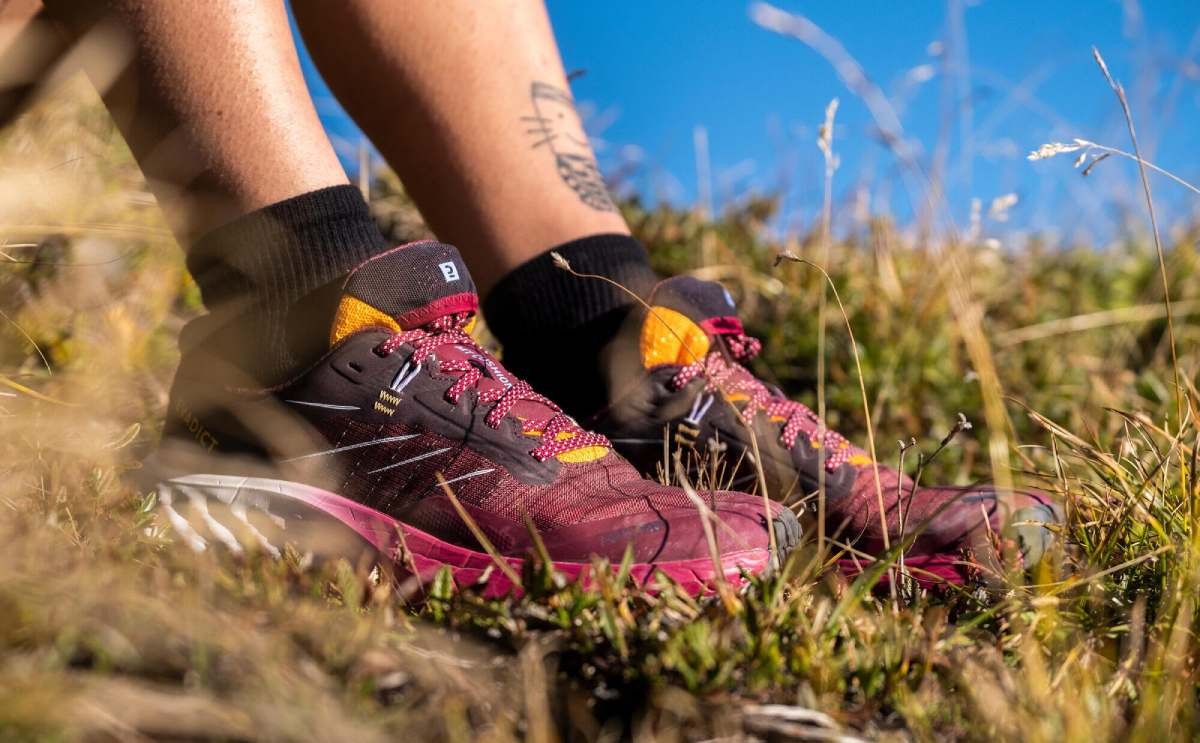
One model for everything: Whether for a leisurely trail run or a long-distance race over more technical terrain, the Evadict MT Cushion 2 is theperfect choice. The Evadict MT Cushion 2 delivers on both terrains.
-Enhanced cushioning: Kalensole technology provides superior cushioning.
-Price: A very competitive price. For less than £100 you get a TOP trail shoe.
Kiprun: The science of running within everyone's reach.
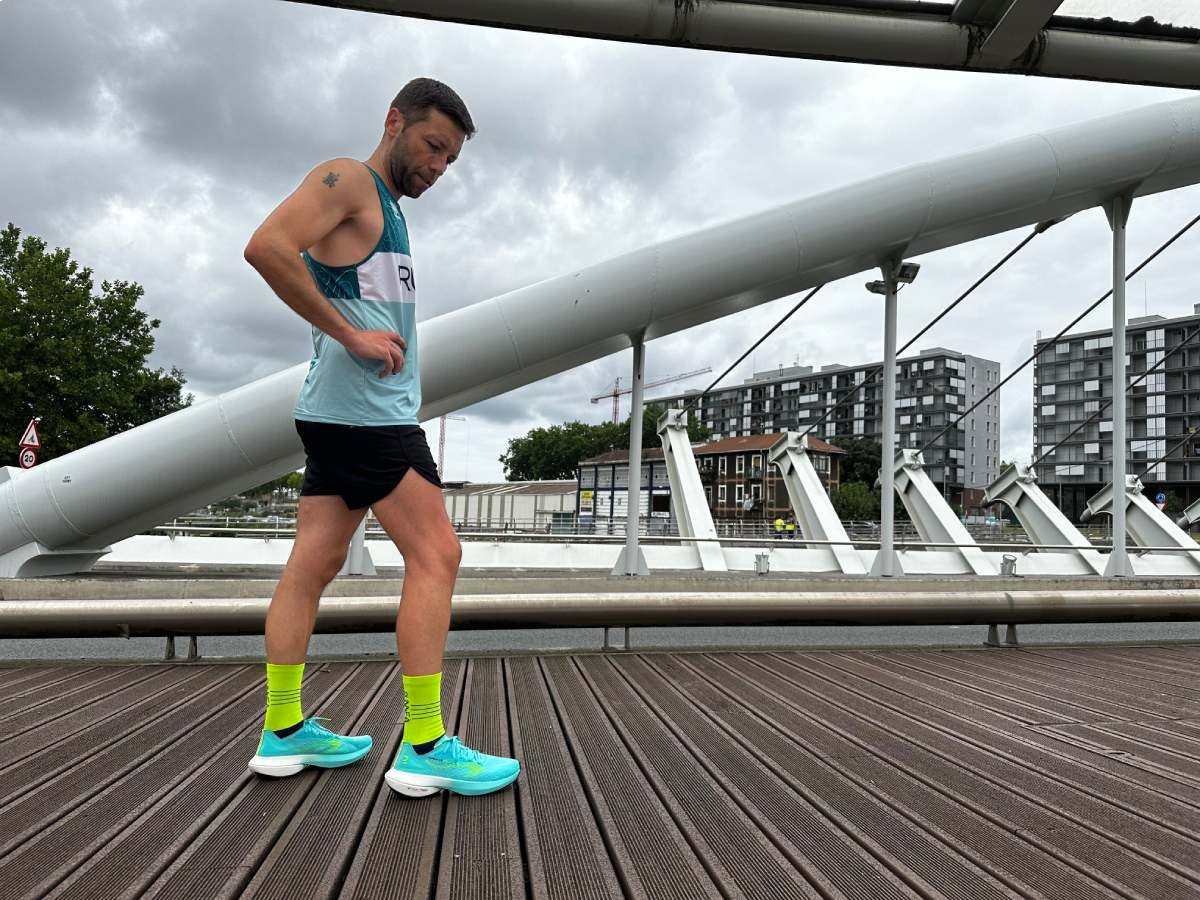
Kiprun is the new Decathlon brand focused on offering quality solutions for road running. The brand has been developed from the prisma of development by runners for runners, and its focus is on the application of science and technology to improve performance and comfort. And marketing, let's not forget it.
- Marketing: As we said earlier, Decathlon is already clear that it is not only necessary to invest on the product. It is essential to "sell" the product well. Media campaigns, presentation events for specialised media, sponsoring athletes... everything helps to give prestige and value to the new brand.
- Innovation and development: What distinguishes Kiprun is its commitment to research and development. The brand works in collaboration with biomechanists, physiotherapists and professional athletes to understand the specific needs of runners and how running shoes can optimise performance. This has led to the creation of patented technologies such as the K-Ring system, a cushioning technology that uses foam rings to absorb and disperse impact.
- Quality and price: Kiprun has managed to find a perfect balance between quality and price. The brand offers running shoes with advanced technologies at very competitive prices, making it an excellent choice for runners of all levels. It is not uncommon to find Kiprun models that offer similar features to more expensive brands but at a fraction of the cost.
- Range of simplified products: Kiprun's product range is fairly easy to understand for the average recreational runner. We highlight 3 shoes ranging from the most cushioned model, to a hybrid shoe and one with a carbon plate.
- Prestigious sponsored athletes: Kiprun has also begun sponsoring athletes, both amateur and professional, to validate and promote its products. These sponsorships not only provide an excellent platform to test new technologies, but also help build brand credibility in the running community. The most notorious case has been Paul Chelimo, a double Olympic medalist at 5,000 metres. Chelimo, who won silver at the Rio 2016 Olympics and bronze at Tokyo 2020, is a committed runner who is now focusing on long distance. Him joining Kiprun is a significant step for the brand, as he is not only an elite athlete but also a person whose values align with those of Kiprun: closeness, transparency and demand.
Kiprun: The brand's star models
Let's highlight the 3 models that we at RUNNEA consider the most interesting of its collection:
Kiprun KD900
The Kiprun KD900 is a model that stands out for its comfort and durability. Designed for long-distance runners, this model offers exceptional cushioning and a perfect fit to ensure maximum performance on every run.
Kiprun KS900 Light
The Kiprun KS900 Light is a running shoe designed to offer an optimal balance between cushioning and lightness. It is intended for both training and competition, and it's particularly versatile, adapting to runners of all levels and weights. Its renewed design makes it 10% lighter than its predecessor, the Kiprun KS Light.
Kiprun KD900X
The Kiprun KD900X is the crown jewel of the Kiprun brand, designed to offer maximum performance in competition and high-intensity training. This model incorporates a carbon plate that, in combination with Pebax foam, offers a 75% energy return, making it one of the most reactive options on the market.
Kiprun and Evadict's winning formula lies in their ability to offer high-quality products that are accessible to a wide range of runners. By combining research and development, economy of scale, user feedback, versatility and now also marketing, these brands are setting a new standard in the running world. Most importantly, they are making the sport more inclusive, allowing more people to enjoy the benefits of running without having to compromise on their savings or product quality.
Read more news about: Running News
